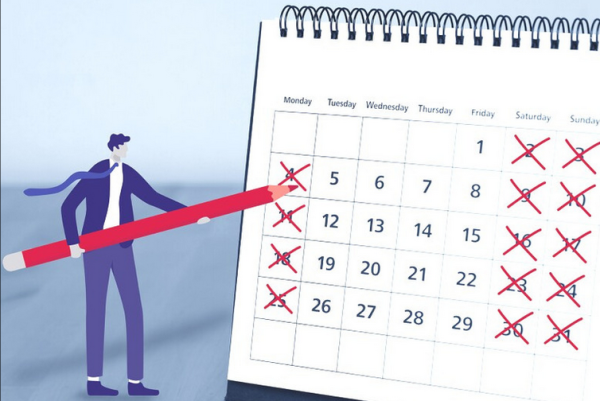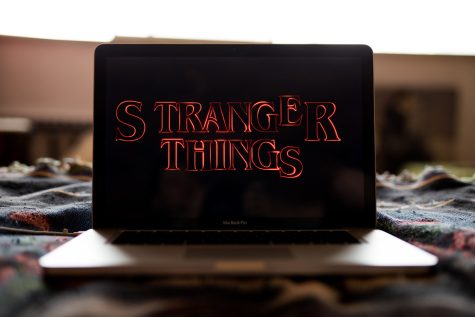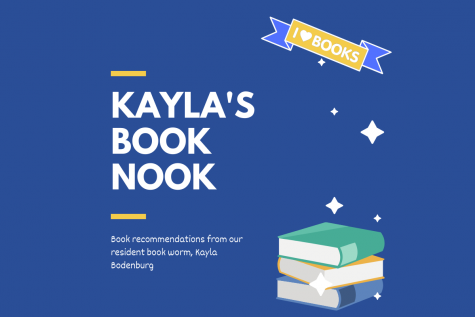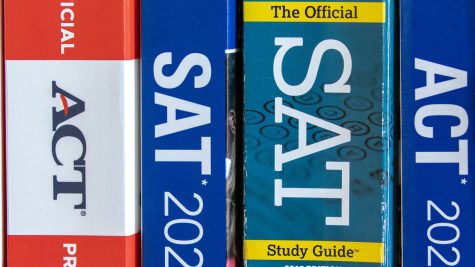Opinion: Exercise Your Brain with a Book

Reading! I probably didn’t get your attention with that. Start paying attention because I am about to explain why people should read a book when they’re bored rather than stare at a screen.
Many people think that reading is not interesting and they can’t stay still for that long. When people try to read, they often put the book down. I agree. The first pages can be immensely boring, but the author is setting up the story. So don’t put it down just yet; great adventures lie ahead.
Reading is entertainment. I’m not a huge fan of sitting in my room for hours and hours absorbed by a book, and I’m not saying you should do that. This is free reading I’m talking about, not reading for a class.
Reading is much more helpful than being on an electronic device in so many ways.
According to a New York Times piece by Andrew Solomon, “It requires effort, concentration, and attention. Despite the existence of good television, fine writing on the Internet, and video games that test logic, the electronic media by and large invite inert reception.”
Essentially, what Solomon is saying is that reading takes more effort than watching TV or skimming social media pages, but that’s why it’s so important for brain development. The brain is a muscle, and if you’ve ever worked out your body muscles, you know how hard it can be. The result? Strong muscles. So instead of mindlessly staring at a screen when you’re bored, open a book. It keeps you busy while working out the brain.
Mentally-stimulating activities such as reading and writing can also help decrease chances of acquiring Alzheimer’s and dementia.
According to William J. Netzer, PhD, of the Alzheimer’s Research Foundation, “Researchers find that people who participated in mentally-challenging activities most often, both early and late in life, had a slower rate of decline in memory compared to those who did not engage in such activities.” Reading uses many parts of the brain; you’re working out the most important part of your body while enjoying the process as well.

Reading is also a stress outlet. According to a study at the University of Sussex, “reading can reduce stress as much as 68 percent. It works better and faster than other relaxation methods, such as listening to music or drinking a hot cup of tea.”
Try reading at least 30 pages of a book when you’re stressed and make a mental note of how you’re feeling after you read. The stress levels decrease because you have immersed yourself into a world of literature. Reading takes your mind off problems relating to tests or homework while expanding vocabulary.
One book I enjoyed was the City Of Ember by Jeanne DuPrau. It’s a science fiction novel about a city living in darkness with a decaying hydro generator. The mayor and the original builders of the city left behind instructions on how to get out. Lina and her friend Doon set out to find the instructions. It’s an easy read, and the end is obvious but mind-blowing at the same time. I strongly recommend this read if you’re bored.
I also propose books by Stephen King, the king of horror. I’ve read The Shining and I’m currently reading Pet Sematary. Although they are both excellent books, King tends to ramble about the character’s life for the first hundred pages. He does, however, insert horror scenes in the middle of them.
If these books aren’t appealing, go to a library and ask a librarian for help. They are there to assist you in finding a good read that interests you, and they specialize in finding it. The high school library circulation statistics show 1,553 books were checked out last school year. This year, since some students are reading books independently for English class, 1,691 books have been checked out, according to Mrs. Hanson, librarian.
The next time you’re bored, don’t open Instagram or Snapchat because it’s easy; accept the challenge and read. Humans are the only animal on Earth who have this ability, so let’s use it to our advantage.
Republished from Shoreham-Wading River’s print newspaper, The Wildcat Pause (April 2019 Issue).










